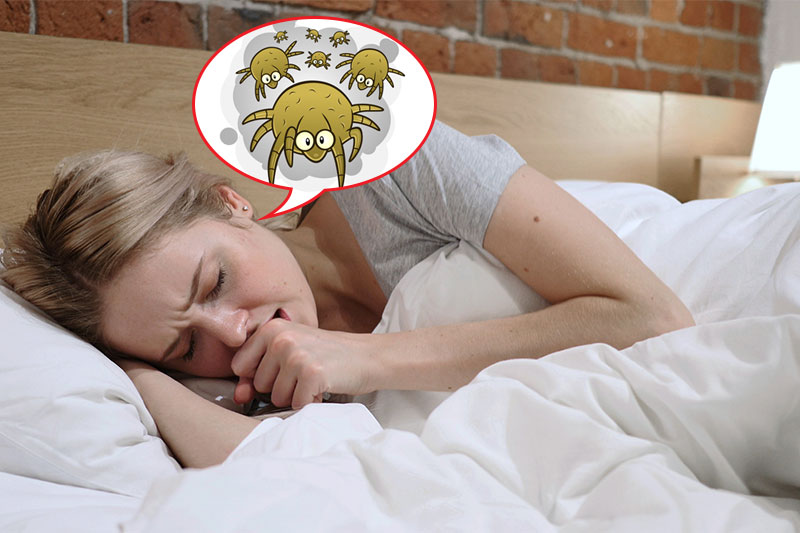
Washing your clothes comes second nature to you. Whenever your clothes show signs of being dirty even if there are no stains, you will throw them into the laundry hamper based on the fact that your clothing is beginning to smell. You also wash your table after the family dinner and the kitchen counter after cooking. And very importantly, you wash your hands after using the washroom. However, when it comes to your sheets and other bedding, you may wait too long before you wash those.
When you think you are extremely clean since you only wear clean clothes, you only eat and prepare food on clean surfaces, and you are very clean after using the washroom – you are not as clean as you think if you never wash your bedsheets. Do you know what happens when you do not wash your bedsheets? Let’s find out so you can begin to realize that you must wash your bedding more often than you do.
What Happens To Your Bedsheets If You Rarely Wash Them?
You are likely aware that the accumulation of dust attracts dust mites so you know that you will not be able to completely remove those mites. However, if you don’t wash your sheets often enough, then dust mites will keep accumulating. Dust mites will cause a lot of allergic reactions such as itching, sneezing, watery eyes, and a headache. You will also shed dead skin so your bedding has not only plenty of dust but also dead skin which will attract even more dust mites. When you sweat too, that will attract bacteria and fungi. If you sleep naked, you will also leave the microscopic fecal matter on your bedsheets that will leave more bacteria.
That is only from you sleeping in a bed without eating in bed, or bringing your pets into bed with you as eating in bed will also attract more unsightly microbes if you are leaving crumbs on there. Pets in bed will leave pet dander, and that means your sheets will become even dirtier. Therefore, if you do not wash your sheets very often, you are sleeping in unsanitary conditions.
Here is the thing. This may not make you sick per se, but you can end up with skin conditions such as contact dermatitis, acne, or eczema. You could end up with athlete’s foot, and if you have allergies or asthma, you will suffer even more. Therefore, you need to wash your sheets a lot more often.
How Often Should You Wash Your Sheets And What Is The Proper Way To Do It?
You should change your sheets weekly and wash your bedding weekly as well. Every instruction on how to wash the sheets is different from the other so ensure that you read the instructions attached to the sheet tag carefully. The ideal setting for your sheets for washing them is the hottest setting. Heat kills allergens, fungi, dust mites, and bacteria. After washing your sheets, it is a good idea to iron them too. However, you may be able to stretch the timing and reduce the frequency of washing your sheets if you take certain actions.
How Can You Reduce The Frequency Of How Often To Wash Your Sheets?
There are simple things you can do to keep yourself and your sheets cleaner. Showering before bed, as long as you blow-dry your hair is a great thing to do as you clean off the microbes and dead skin from you. If you work out earlier in the day, don’t nap in your bed because you will emit more sweat. Don’t put lotions and creams on before bed, and always wash your makeup off. Do not eat and drink while you are in bed (except for water) and you want to make sure you remove any debris and dirt from your socks and feet as well. If you have pets, don’t let them on your bed.
If you do those simple actions, then you will be able to reduce the number of times you need to wash your sheets. However, you still need to wash them often enough because if you don’t, then your bed is a sanitation hazard.


